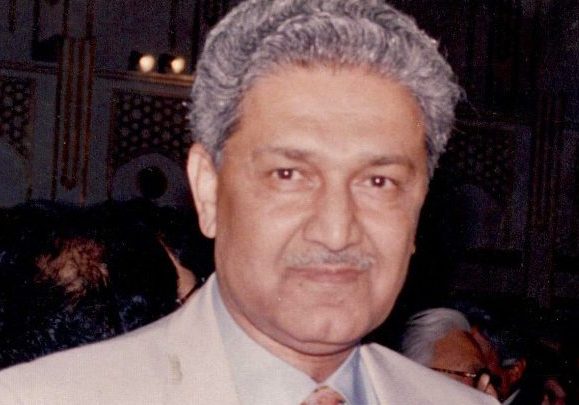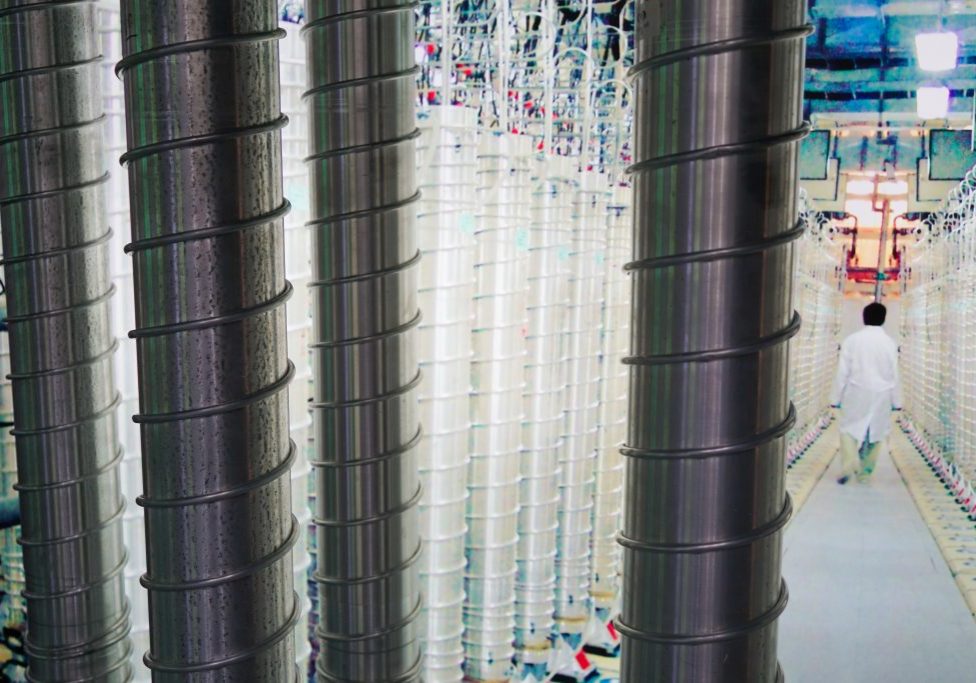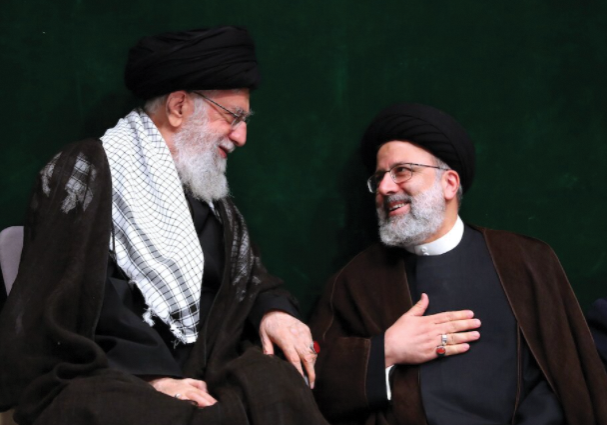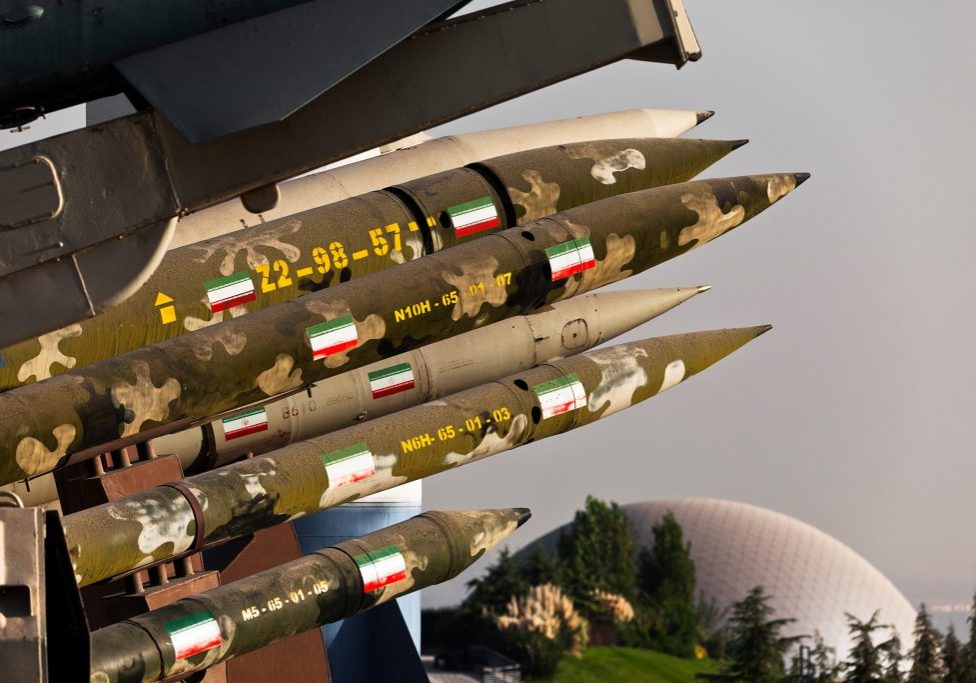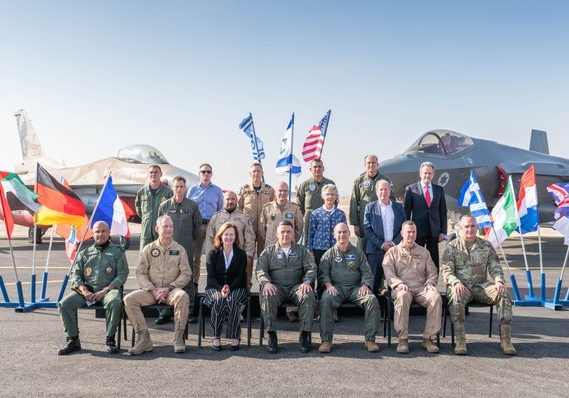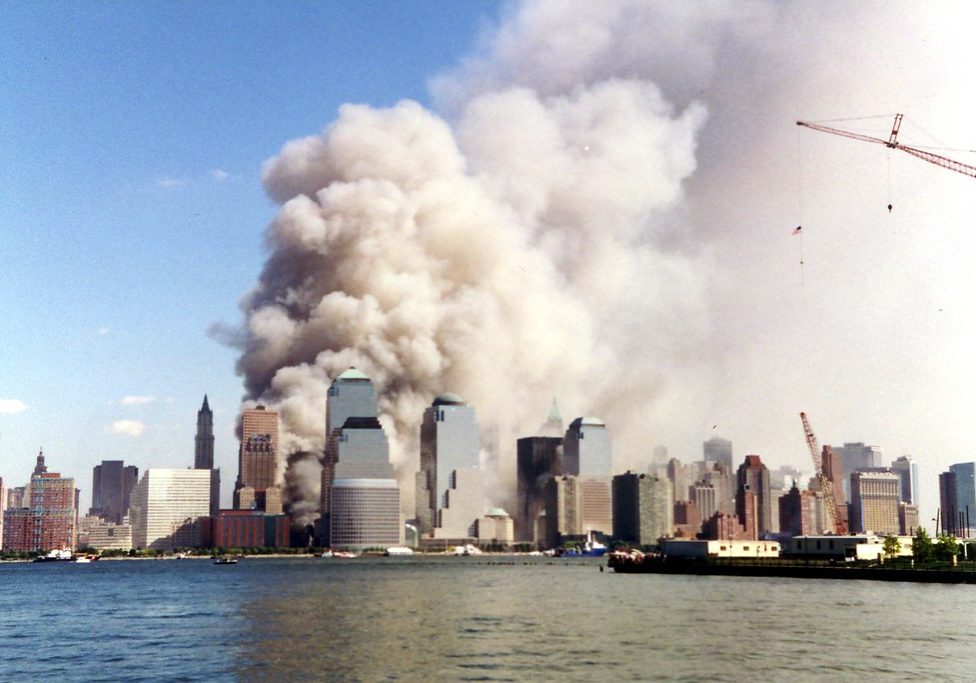Australia/Israel Review
Are they enough?
May 31, 2010 | BICOM
Iran sanctions in view
BICOM
On May 18, a draft resolution proposing increased sanctions against Iran, in order to induce it to abandon its nuclear program, was agreed upon by all five permanent UN Security Council members. The announcement came a day after Brazil and Turkey made public a deal they had negotiated separately with Iran, whereby about half of Iran’s low-enriched uranium would be exported to Turkey where it would be turned into fuel rods. This deal is similar to one rejected by Iran several months ago. This analysis looks at the substance of the new proposed sanctions, and at the responses within Israel to this latest development.
The resolution’s contents and prospects
The new draft sanctions resolution is backed by all five permanent members of the United Nations Security Council. Achieving the support of Russia and China for additional sanctions against Iran represents a considerable diplomatic achievement for the United States, backed by Britain and France. However, this achievement comes at the cost of significantly reducing the content and potential impact of the sanctions.
China blocked any measures to reduce Iranian oil exports and imports of gasoline. According to reports, the extensive energy relationship between Teheran and Beijing meant that the possibility of sanctions in this area was barely discussed in the deliberations leading up to the latest draft resolution. Russia’s main area of contention, meanwhile, was in the area of restricting sales of conventional weaponry to Iran. Moscow has an extensive arms sales relationship with Iran.
The draft resolution contains proposed sanctions on conventional arms sales, assistance, and training to Iran. However, it appears that the proposed register of weapons banned for sale to Iran specifically states that it “does not include ground-to-air missiles.” Thus, Russian sales of the S-300 air defence system to Iran will not be affected by the resolution. This system has been contracted by Iran, but Russia is thought to have not yet delivered it to the Iranians. It is particularly significant because the regime in Teheran is known to be seeking advanced air defence systems in order to protect its nuclear facilities from attack.
The new draft resolution contains a significant six paragraph section on “illegal shipments,” which authorises the inspection of ships and planes bound for Iran if there is information providing reasonable grounds to believe that the vessel is carrying prohibited items. However, again, the draft has built in limitations. Most importantly, it stipulates that the consent of the “flag state” – that is the state under whose flag the ship is sailing – must be given before a search can be carried out. States such as North Korea, which is known to play a major role in Iranian arms and missile supply, would be unlikely to accept such a search, limiting the efficacy of the measure.
The draft resolution extends asset freezes to more individuals and entities associated with proliferation, including the Iranian Republic of Iran Shipping Lines (IRISL), targeted by unilateral UK measures last year, and as yet unspecified elements of the Iranian Revolutionary Guard Corps (IRGC). It also proposes to increase the capacity of the UN to enforce the sanctions regime. However, a wide range of the new proposals in the financial sphere are non-binding, only calling on states to “exercise vigilance” toward certain activities including transactions with Iranian banks and with companies associated with the IRGC. These provisions are widely seen as providing a basis for individual states which wish to implement laws or regulations boosting scrutiny of the activities of their own nationals who do business with Iran.
Prospects for the resolution
The content of the resolution reflects the tension between wanting to keep all sides on board and the need to prevent excessive watering down of the measures. In this regard, it should be noted that the passing of the resolution in its current form is not certain. The Turkish-Brazilian proposal is not dead. Some Western diplomats have described Turkey and Brazil as naïve dupes to Iran’s game of prevarication. Other commentators, however, have called on the Brazil-Turkey deal to be given a chance, and accused the P5 powers of “petulance” in their negative reaction to the emerging powers making a deal over their heads.
If implemented, a deal to remove some enriched uranium from Iran would temporarily reduce the stockpile of raw material available for nuclear weapons. But due to the fact that the stockpile is constantly growing, the significance and utility of such an arrangement is declining all the time. The arrangement would also not deal with the substantive problems of Iran’s ongoing enrichment, or the IAEA’s unanswered questions over Iran’s alleged weaponisation research.
No date has been set for a vote on the new draft UN sanctions resolution, and Susan Rice, US Ambassador to the UN, said that this would take place only when all Council members had a chance to consider the document and when “conditions are right.” At least a month is expected to pass before any vote. It remains to be seen how the Security Council members will absorb the new set of diplomatic options on the table.
Israel’s response to the new draft resolution
There is a consensus in Israel that a nuclear armed Iran would be extremely dangerous for Israel and the region. The Israeli fear is not simply that Iran might use a nuclear weapon against Israel. They also fear the proliferation of nuclear materials to terrorists, the triggering of an Arab nuclear arms race, and the impact on the Israeli economy and national morale of living in the shadow of an Iranian bomb.
Israel has long been lobbying, in public and in private, for the firmest possible measures to be taken against Iran through the UN Security Council, arguing that tough sanctions are the best way to force Iran to stop its march to nuclear weapons capability. However, the Israeli Government has maintained an uncharacteristic silence in response to the latest developments.
Israeli officials privately noted that the draft resolution lacked the tough provisions that Jerusalem believes are necessary to force Iran to rethink its policy. In this regard, the absence of sanctions targeting the energy sector is seen as of particular importance. However, Israel has long stressed that the Iranian nuclear program is a problem for the whole international community, not for Israel alone, even though Israel is the only country threatened with destruction by the regime in Teheran. As one official put it: “We always knew that a UN resolution would require international consensus and would be watered down without the teeth we hoped for. Nevertheless we support the resolution. It shows the international community united acting against the Iranian program. It’s an important symbolic act.”
This statement captures well the dilemma faced also by the West in negotiating the resolution. While there is a theoretical international consensus against a nuclear armed Iran, different countries have widely divergent levels of concern regarding this issue, and widely differing interests in the region which inform their levels of concern. As a result, not only is the sanctions regime that has been put in place in the last few years watered down, but many of Iran’s trading partners have simply ignored it.
This, however, works both ways. Israel hopes that unilateral actions taken by the United States and allied countries, on the basis of a strict interpretation of the new draft resolution, may result in measures that may have a greater effect on the Iranian economy.
Should the proposed resolution be passed, there is no doubt that its impact would be an appreciable increase in the cost to Iran of pursuing its nuclear programme. However, current and former Israeli officials express doubt as to whether the sanctions resolution, even if passed, implemented, and unilaterally improved upon by Western states, would prove sufficient. Ephraim Asculai, a former official at the Israel Atomic Energy Commission, told reporters that “the sanctions will be ineffective, come too late, it won’t achieve anything… I don’t think it will change Iran’s timetable by an iota.”
There are therefore those in Israel who increasingly fear that the Obama Administration may privately assess that a nuclear Iran is inevitable, and may be moving toward laying the groundwork for a strategy of containment.
The emergence of a nuclear Iran would greatly destabilise the region, providing an umbrella for continued Iranian subversion, possibly triggering a nuclear arms race in the Middle East and raising the possibility of a terror organisation acquiring a WMD capability. A nuclear-armed state publicly committed to the destruction of the Jewish state is a nightmare scenario for Israeli policy makers. Whilst the high degree of international attention now being focussed on stopping Iran acquiring nuclear weapons capability is welcome in Israel, Israelis are not optimistic that it will prove successful. As such, Israel’s leaders face tough decisions ahead.
© British-Israel Communications and Research Centre (BICOM), reprinted by permission, all rights reserved.
Tags: International Security

